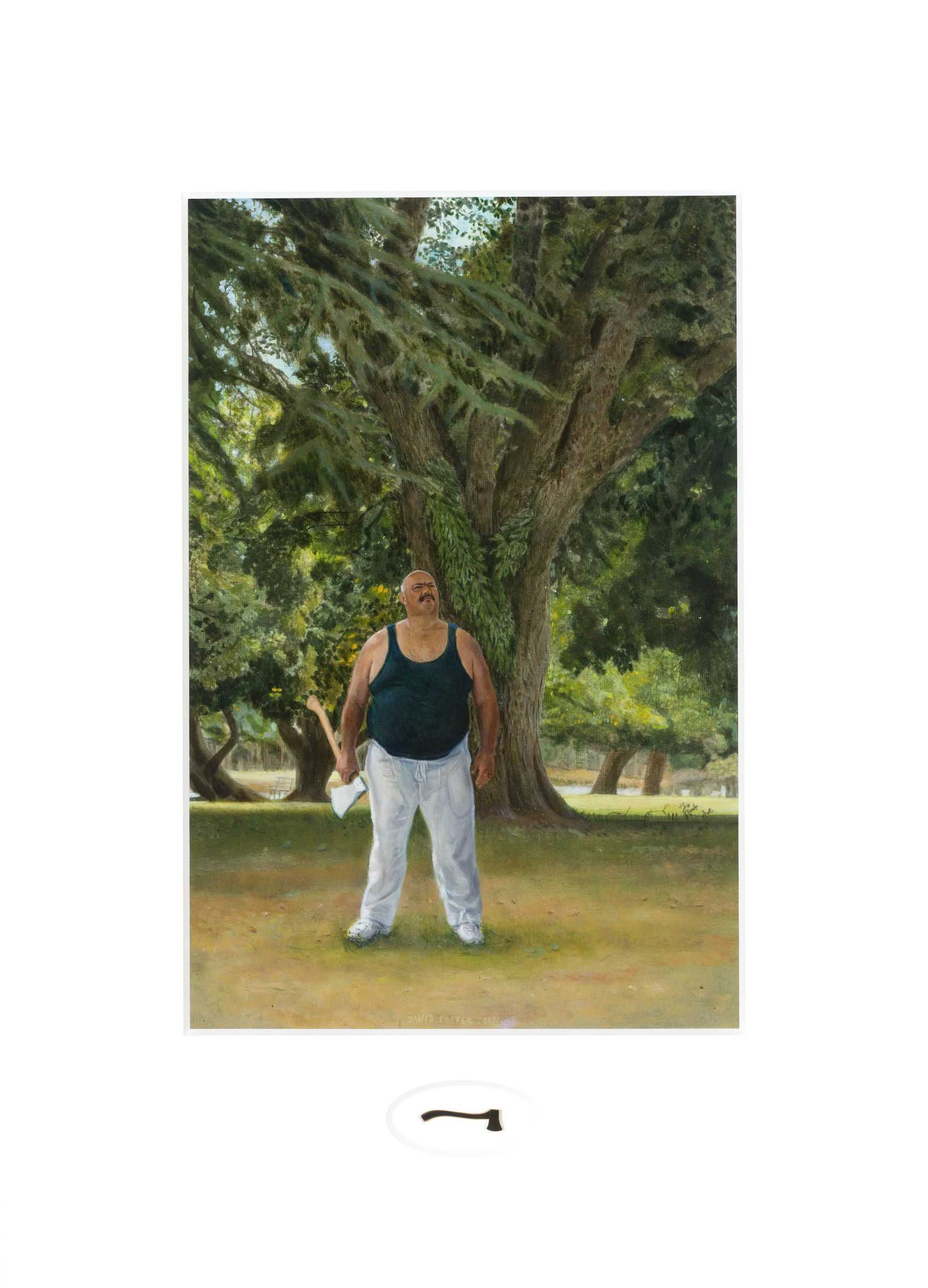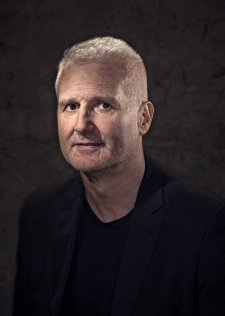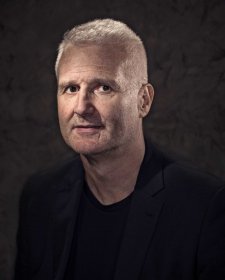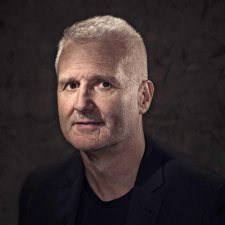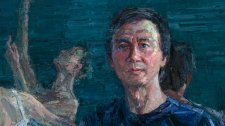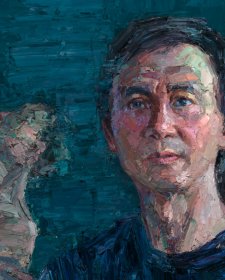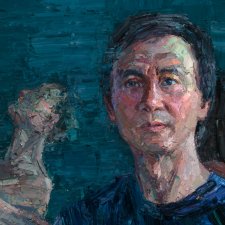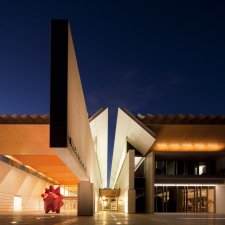David Foster OAM (b. 1957), champion axeman, is the most successful competitor in the history of the sport of woodchopping. Foster first competed with his father, George, at the age of twenty-one and the duo won the World Double-handed Sawing competition for the next eleven years. As Australian team captain, Foster and his brother, Peter, continued this winning streak for another decade. In time, Foster’s son Stephen took over as his partner, and his daughter Janelle became his personal trainer. Over the course of his career he has amassed more than a thousand woodchopping championships, including 186 world and 179 national titles. In 2003, he announced his retirement as Australian team captain. Later, for a few years, he and his wife operated the Australian Axeman’s Hall of Fame. Well known for his charitable and community activities, including repeated participation in the ‘Giving Tree Walk’, the ‘big man’ was Tasmanian of the Year in 1995 and the Tasmanian Australian of the Year in 2005. In recent years he has campaigned against domestic violence and stigmatisation of people with mental illnesses, and in favour of same-sex marriage. Amongst Foster’s memorable observations is ‘The only thing different between me and you is that I can cut wood better than you and I know that for a fact’.
- About us
- Support the Gallery
- Venue hire
- Publications
- Research library
- Organisation chart
- Employment
- Contact us
- Make a booking
- Onsite programs
- Online programs
- School visit information
- Learning resources
- Little Darlings
- Professional learning
